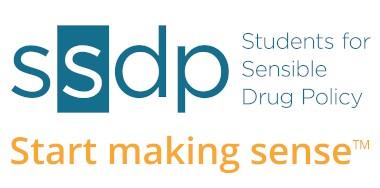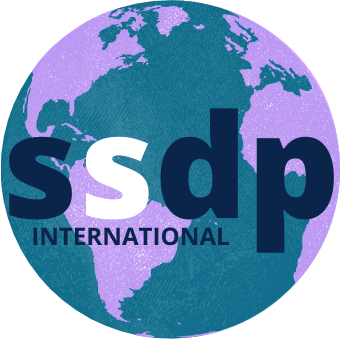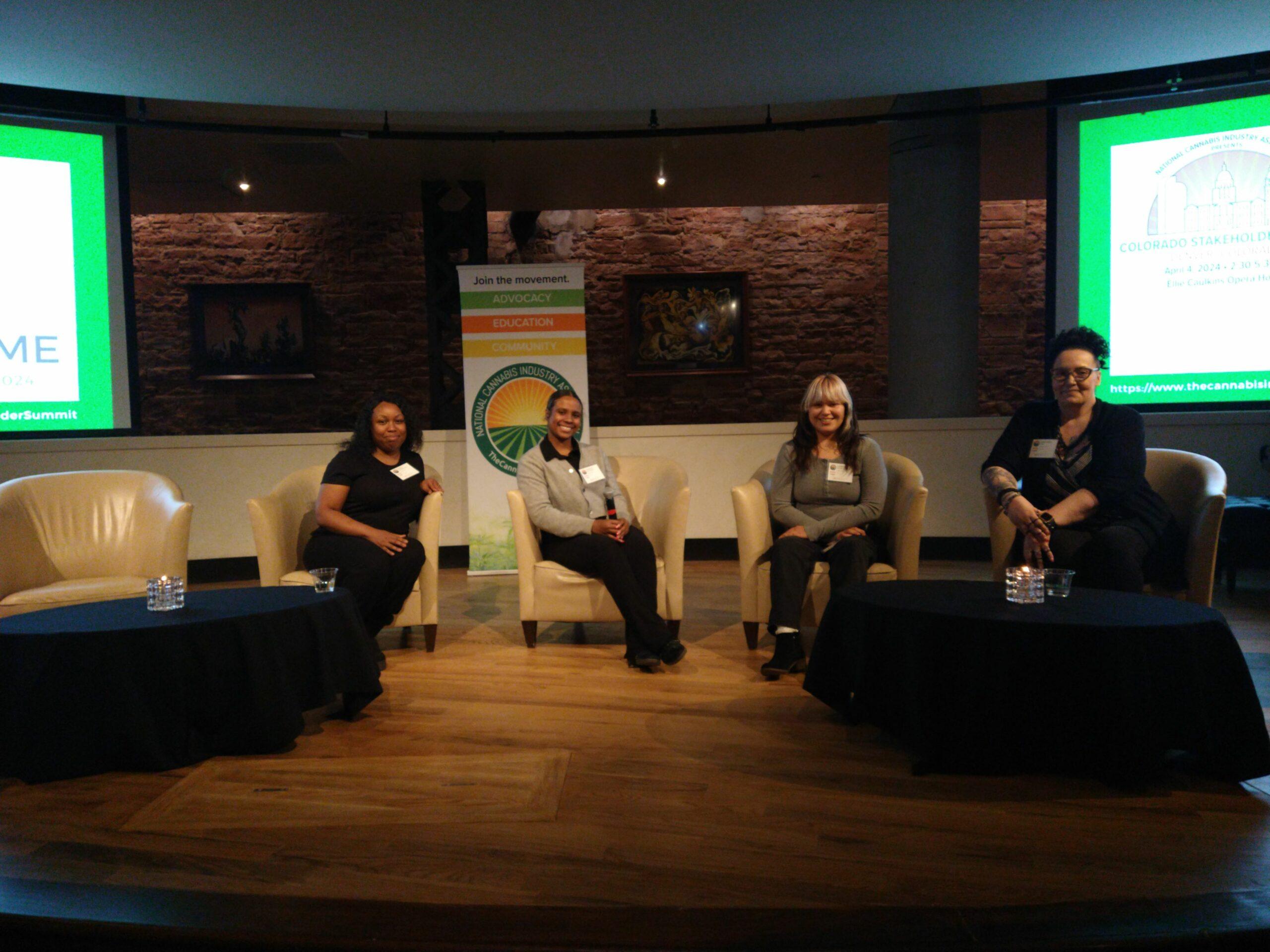SSDP’s Staff is excited to announce that a new chapter has formed at the Community College of Denver (CCD)!
SSDP is a natural fit for the CCD student body both because of its proximity to Denver (which has earned a reputation as the unofficial capital of legal cannabis), and because one of the flagship programs at CCD is the Cannabis Science and Operations BAS degree (which according to CCD’s Website, “provides a comprehensive, robust curriculum that equips graduates with the necessary skills and knowledge to gain employment in the emerging cannabis fields through diverse coursework and practical experience”).
Heather Hall is the Chapter’s President and one of the founding members of SSDP at CCD, alongside Galy Rodriguez, Zeus Hernandez, and Kim Miranda. The Chapter is advised by former Colorado State Cannabis Regulator and SSDP Alumnus Logan Goolsby, who joined SSDP in 1998 as one of our organization’s founding members.
An Interview With SSDP at CCD President Heather Hall
1) What is your background, your educational goals, and your career goals?
My journey has been deeply influenced by personal experiences and my family’s resilience. Growing up, I witnessed my mother’s struggle with Crohn’s disease and saw firsthand the transformative power of medicinal herbs, especially cannabis. This inspired me to advocate for alternative healing methods and pursue a degree in the Cannabis program at the Community College of Denver. My educational goal is to earn a master’s degree in Pharmaceutical Research, focusing on the Human Endocannabinoid System and chronic diseases. Ultimately, I aim to conduct cutting-edge research to develop natural, cannabis-derived medicines to treat endocannabinoid disorders and improve the lives of those suffering from chronic and terminal illnesses. My passion for this field is fueled by a desire to bridge the gap between traditional healthcare and natural remedies, providing holistic health solutions.
2) Why is drug policy reform important to you?
Drug policy reform is a deeply personal issue for me. I’ve seen the devastating impacts of mass incarceration on my own family. My uncle and brother were both taken away due to outdated and unjust drug laws, and their lives—and ours—were forever altered. They faced immense challenges in gaining and keeping employment, bearing the scarlet letter of a drug felony on their records. It’s infuriating to see people making millions today from the same activities that ruined lives and tore families apart. Additionally, I lost another brother as well as an aunt that was very young, to an accidental overdose during the opioid crisis, in which they were treating legitimate injuries under a doctor’s care, all too common tragedies that underscore the need for compassionate, sensible drug policies. Reforming drug policies is not just about righting these wrongs; it’s about preventing further injustices and ensuring that future generations are not subjected to the same discriminatory, damaging and unjust practices.
“Reforming drug policies is not just about righting these wrongs; it’s about preventing further injustices and ensuring that future generations are not subjected to the same discriminatory, damaging and unjust practices.”
3) What goals does your group have for the 24-25 school year?
For the 24-25 school year, our SSDP chapter at CCD has ambitious goals centered around social equity and legal reform. We aim to host more legal expungement clinics in partnership with our campus’s Paralegal Club to help individuals clear their records and rebuild their lives. We are also keen on getting involved in lobbying efforts and participating in events that give us a platform to advocate for sensible drug policies from an educated stance. Additionally, we plan to partner with the Last Prisoner Project, selecting a few incarcerated individuals to work with in conjunction with the Paralegal Club to secure pardons or sentence commutations. Upon their release, we hope to support them in rebuilding their lives and possibly introduce them to the Cannabis Science Program at CCD. Our efforts also include educating the campus community about harm reduction, responsible use, and the latest research on cannabis and therapeutic psychedelics, aiming to change the narrative around these substances. We want to get a large portion of our campus (the entire Auraria Campus) to get involved. (Editor’s Note: The Auraria Higher Education Center, or Auraria Campus, located in the heart of downtown Denver, is shared by the Community College of Denver, Metropolitan State University of Denver, and University of Colorado Denver and houses approximately 38,000 students and 5,000 faculty and staff.)
4) What has the reception been like on campus since you guys started organizing?
The reception on campus has been overwhelmingly positive. Our unique mission has sparked significant interest and curiosity among students from all three institutions on the Auraria Campus—CCD, CU Denver, and Metropolitan State University. At tabling events, we’ve drawn large crowds eager to learn about our goals and activities, many of whom were unaware that a cannabis degree program even existed. We’ve shattered misconceptions about our club being a leisurely hangout for cannabis enthusiasts. Instead, we’ve positioned ourselves as a dynamic, action-oriented group dedicated to education, advocacy, and meaningful change. This enthusiasm has led to increased involvement and support, even prompting the Student Clubs and Organizations office to consider revising their policies to accommodate our active presence.
“We’ve shattered misconceptions about our club being a leisurely hangout for cannabis enthusiasts. Instead, we’ve positioned ourselves as a dynamic, action-oriented group dedicated to education, advocacy, and meaningful change.”
5) What has been your biggest challenge so far?
Our biggest challenge has been getting the word out and establishing the right connections. As a new organization, building awareness and credibility takes time. Many people still hold misconceptions about cannabis and its users, and breaking through those stereotypes to present a professional and impactful image requires consistent effort. However, we’re tackling this challenge head-on with massive action and dedication. We’ve found that when you build something meaningful and put in the work, people will come. Our founder, Love Granados, has been instrumental in guiding our vision and growth, and we’re excited to continue expanding our reach and making a difference to make her proud. Each day, we’re making strides towards our ultimate goal of transforming drug policy and public perception, one conversation at a time.



